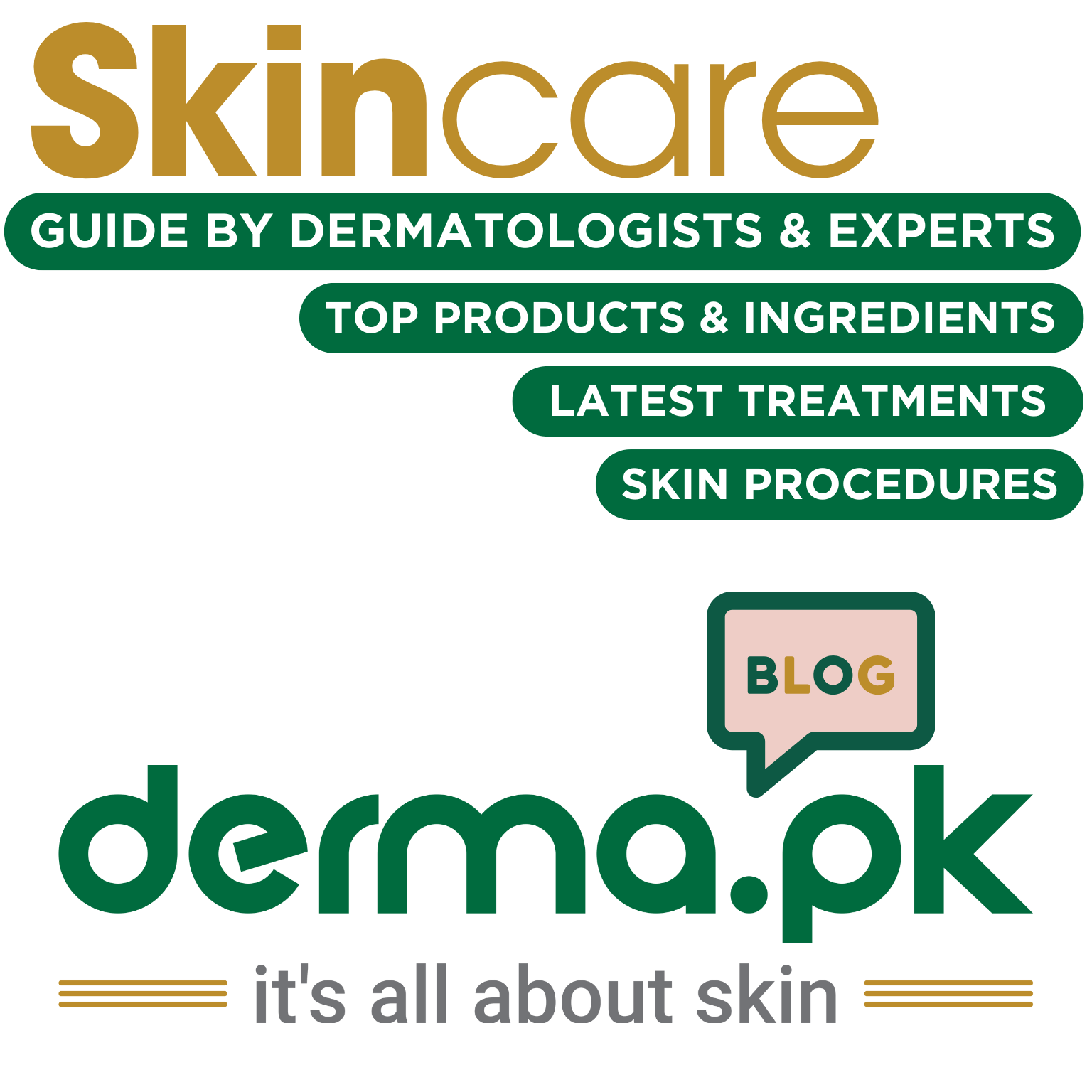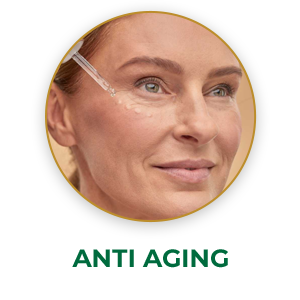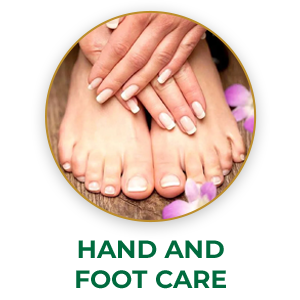In this article we will discuss about diffuse hair loss in women, also known as telogen effluvium. It is a common condition that affects women of all ages and is characterized by a general thinning of hair all over the scalp, rather than localized bald patches. Unlike male pattern baldness, which is caused by androgen hormones, diffuse hair loss in women can have a variety of triggers.
We will also explain the causes of diffuse hair loss in women, which can include hormonal changes, nutritional deficiencies, stress, medical conditions, medications, and hair styling practices. It also provides information on finding solutions for diffuse hair loss, such as consulting a doctor, identifying and addressing triggers, considering hair growth treatments, focusing on scalp health, eating a healthy diet, and managing stress.
Causes of Diffuse Hair Loss in Females
Diffuse hair loss, also known as telogen effluvium (TE), is a common condition affecting women of all ages. It is characterized by a general thinning of hair all over the scalp, rather than localized bald patches. While the exact cause of TE can vary, here are some of the most common triggers:
Hormonal changes:
- Pregnancy: Fluctuations in hormones during pregnancy can disrupt the hair growth cycle, leading to TE several months postpartum.
- Childbirth: Similar to pregnancy, hormonal changes after childbirth can trigger temporary hair loss.
- Menopause: The decline in estrogen and progesterone levels during menopause can affect hair growth and contribute to TE.
- Thyroid disorders: Thyroid problems, such as hypothyroidism or hyperthyroidism, can disrupt hormones and impact hair health, leading to TE.
Nutritional deficiencies:
- Iron deficiency: Iron is crucial for hair growth, and a deficiency can lead to TE. Women with heavy menstrual periods are particularly at risk.
- Vitamin D deficiency: Vitamin D plays a role in hair follicle health, and low levels have been linked to TE.
- Biotin deficiency: Biotin is a B vitamin involved in hair growth, and a deficiency can lead to TE.
- Other nutritional deficiencies: Deficiencies in other essential nutrients, such as protein, zinc, and vitamin B12, may also contribute to TE.
Stress:
- Chronic stress can activate cortisol, a hormone that can negatively impact hair growth and lead to TE.
Medical conditions:
- Certain medical conditions, such as autoimmune diseases (lupus, alopecia areata), scalp infections, and trichotillomania (hair pulling disorder), can directly damage hair follicles or disrupt their growth cycle, causing TE.
Medications:
- Some medications, including blood thinners, antidepressants, and chemotherapy drugs, can have TE as a side effect.
Hair styling practices:
- Tight hairstyles like braids, ponytails, and cornrows can exert constant tension on the scalp, leading to traction alopecia and TE.
- Excessive heat styling and chemical treatments can damage hair shafts and contribute to breakage, exacerbating the appearance of thinning hair.
Other potential causes:
- Crash diets or rapid weight loss
- Eating disorders
- Surgery or major illness
- Exposure to toxins
- Genetics
- Environmental factors
It is important to note that diffuse hair loss can be caused by a combination of factors. Identifying the underlying cause is crucial for effective management. Consulting a doctor or dermatologist can help diagnose the cause and recommend appropriate treatment options.




Treating Diffuse Hair Loss in Women: A Comprehensive Guide
Diffuse hair loss, also known as telogen effluvium (TE), can be a distressing experience for women. It can affect the scalp uniformly, leading to thinning hair and a loss of confidence. However, with the right treatment approach, you can manage TE and encourage hair regrowth. Here’s a comprehensive guide:
Understanding the Cause of Diffuse Hair Loss:
The first step to effective treatment is identifying the underlying cause of your hair loss. This could involve:
- Consulting a doctor: They can assess your medical history, conduct tests, and rule out any underlying medical conditions contributing to TE.
- Dermatologist visit: A dermatologist specializes in hair and scalp disorders and can provide a diagnosis and treatment plan tailored to your specific needs.
- Lifestyle assessment: Reflecting on your stress levels, diet, and hair care practices can offer clues to potential triggers.
Treatment Options for Diffuse Hair Loss:
Once the cause is identified, you can choose from various treatment options to address TE:
Addressing the Underlying Cause:
- Hormonal imbalances: Hormone therapy may be prescribed to manage hormonal fluctuations and promote hair growth.
- Nutritional deficiencies: Addressing iron, vitamin D, biotin, or other nutrient deficiencies through diet or supplements can improve hair health.
- Stress management: Implementing stress-reduction techniques like meditation, yoga, or exercise can lower cortisol levels and improve hair growth.
- Medical treatment: Underlying medical conditions should be treated promptly to prevent further hair loss.
- Medication review: Discussing medications with your doctor can identify potential culprits and explore alternative options if possible.
- Hair styling adjustments: Avoiding tight hairstyles and excessive heat styling can help prevent further damage and breakage.
Promoting Hair Growth in Diffuse Hair Loss:
- Topical minoxidil: This FDA-approved medication is clinically proven to promote hair growth in women with TE.
- Platelet-rich plasma (PRP) therapy: PRP injections contain growth factors that can stimulate hair follicles and promote growth.

- Hair growth supplements: Certain supplements containing biotin, saw palmetto, or other ingredients may support healthy hair growth.
Supporting Scalp Health:
- Gentle hair care: Use shampoos and conditioners formulated for sensitive scalps and avoid harsh chemicals or sulfates.
- Regular cleansing: Wash your hair 2-3 times a week to remove dirt, oil, and product buildup that can clog pores and hinder hair growth.
- Scalp massages: Gentle scalp massages can improve blood circulation and stimulate hair follicles.
- Scalp exfoliation: This can remove dead skin cells and promote blood circulation, but should be done with caution and gentle products.
- Sun protection: UV rays can damage hair, so wear a hat or use a leave-in conditioner with UV protection when outdoors.
Complementary Approaches for Diffuse Hair Loss:
- Dietary changes: Focus on a balanced diet rich in protein, iron, vitamins, and minerals for optimal hair health.
- Adequate sleep: Aim for 7-8 hours of sleep each night to promote hair follicle activity and overall health.
- Regular exercise: Physical activity improves blood circulation and reduces stress, which can benefit hair health.
- Mind-body practices: Techniques like meditation and yoga can further reduce stress and promote well-being.
- Support groups: Connecting with other women experiencing TE can provide emotional support and valuable advice.
Important Considerations:
- Patience and Consistency: Managing TE takes time and consistent effort. It’s crucial to be patient and follow your treatment plan regularly to see results.
- Consult a healthcare professional: Ensure you consult with a doctor or dermatologist for diagnosis and treatment guidance.
- Safe and Evidence-Based Treatments: Choose treatments supported by scientific evidence and avoid harmful or unproven methods.
- Holistic Approach: Combine medical treatment with lifestyle changes and complementary approaches for optimal results.
- Emotional Support: Addressing the emotional impact of hair loss is crucial. Seek support from friends, family, or a therapist if needed.
Remember, diffuse hair loss is often temporary and treatable. With proper diagnosis and management, you can restore healthy hair growth and regain your confidence.
Scientific Studies on Diffuse Hair Loss in Women (Telogen Effluvium)
Here are some key scientific studies on diffuse hair loss in women (telogen effluvium):
Hormonal Changes:
- “Telogen effluvium: Management and prognosis” by Gupta et al. (2017) found a direct correlation between hormonal changes, such as pregnancy, childbirth, menopause, and thyroid disorders, and telogen effluvium.
- “Hair loss in women: diagnosis and management” by Camacho-Martinez and Sinclair (2019) explored the specific hormonal imbalances associated with TE and their impact on hair growth cycles.
Nutritional Deficiencies:
- “Nutritional factors and hair loss” by Rushton (2002) identified iron deficiency as a major trigger for TE, especially in premenopausal women.
- “Vitamin D deficiency and hair loss: a review” by Ghoreishi et al. (2017) highlighted the potential role of vitamin D deficiency in TE pathogenesis.
Stress:
- “The role of stress in hair loss” by Trueb (2017) demonstrated the link between chronic stress, elevated cortisol levels, and TE development.
- “Stress-induced hair loss: a review of the evidence” by McElroy and Vohra (2004) explored the complex physiological mechanisms involved in stress-related TE.
Medical Conditions:
- “The biology of hair follicles” by Paus and Cotsarelis (1999) provided a comprehensive overview of hair follicle function and the impact of various medical conditions on their growth cycles.
- “Hair loss in women with autoimmune diseases” by Hajar et al. (2015) examined the association between specific autoimmune diseases, like lupus and alopecia areata, and TE.
Medications:
- “Drug-induced hair loss” by Camacho-Martinez and Sinclair (2020) reviewed the mechanisms by which various medications can trigger TE as a side effect.
- “Chemotherapy-induced hair loss: pathogenesis, prevention, and future directions” by Hersh et al. (2000) explored the specific mechanisms of hair follicle damage and subsequent TE caused by chemotherapy drugs.
Hair Styling Practices:
- “Hair loss in women: the role of traction alopecia” by Dawber (2004) investigated the link between tight hairstyles, such as braids and cornrows, and TE development through traction alopecia.
- “Hair shaft damage: mechanisms and consequences” by Robbins (2002) explored the impact of excessive heat styling and chemical treatments on hair shaft integrity and potential contribution to TE.
Treatment:
- “Minoxidil: a hair-growth stimulant” by Olsen and Bergfeld (1992) established the effectiveness of topical minoxidil in promoting hair growth in women with TE.
- “Platelet-rich plasma for hair loss: a systematic review and meta-analysis” by Zhang et al. (2015) explored the potential benefits of platelet-rich plasma injections as a treatment option for TE.
Additional Resources:
- American Academy of Dermatology: https://www.aad.org/public/diseases/hair-loss
- National Institute of Arthritis and Musculoskeletal and Skin Diseases: https://pubmed.ncbi.nlm.nih.gov/19172026/
- The Hair Society: https://www.fusehair.com/society-of-hair-transplant-surgeon.htm
Final Thoughts on Diffuse Hair Loss in Women
Diffuse hair loss, though common, can be a challenging experience for women. Understanding the causes, triggers, and available treatment options is crucial for managing TE effectively.
Key Takeaways:
- Diffuse hair loss has diverse causes, from hormonal imbalances to nutritional deficiencies and stress.
- Early diagnosis and addressing the underlying cause are essential for successful treatment.
- Various treatment options are available, including topical minoxidil, PRP therapy, scalp massages, and lifestyle changes.
- Promoting scalp health and maintaining a healthy overall lifestyle can significantly impact hair growth.
- Patience and consistent effort are crucial for achieving noticeable results.
- Seeking professional guidance and emotional support can make a significant difference in coping with TE.
Remember:
Don’t lose hope! With the right approach and continued effort, you can regain healthy, beautiful hair and feel confident again.
Derma & Dental Clinic: Excellence in dermatology & hair care. Experts in lasers, aesthetics, PRP & more.
How to get appointment:
- Contact us via WhatsApp +923205999650
- Call at our UAN 03041115000




















This information is magnificent. I understand and respect your clear-cut points. I am impressed with your writing style and how well you express your thoughts.
[…] Diffuse Hair Loss in Women: Understanding the Cause & Finding Solutions Nutritional Deficiencies: The Hidden Cause of Hair Loss BIOXCIN FORTE Intensive Hair Loss Shampoo: Your Strong Defense Against Hair Loss […]